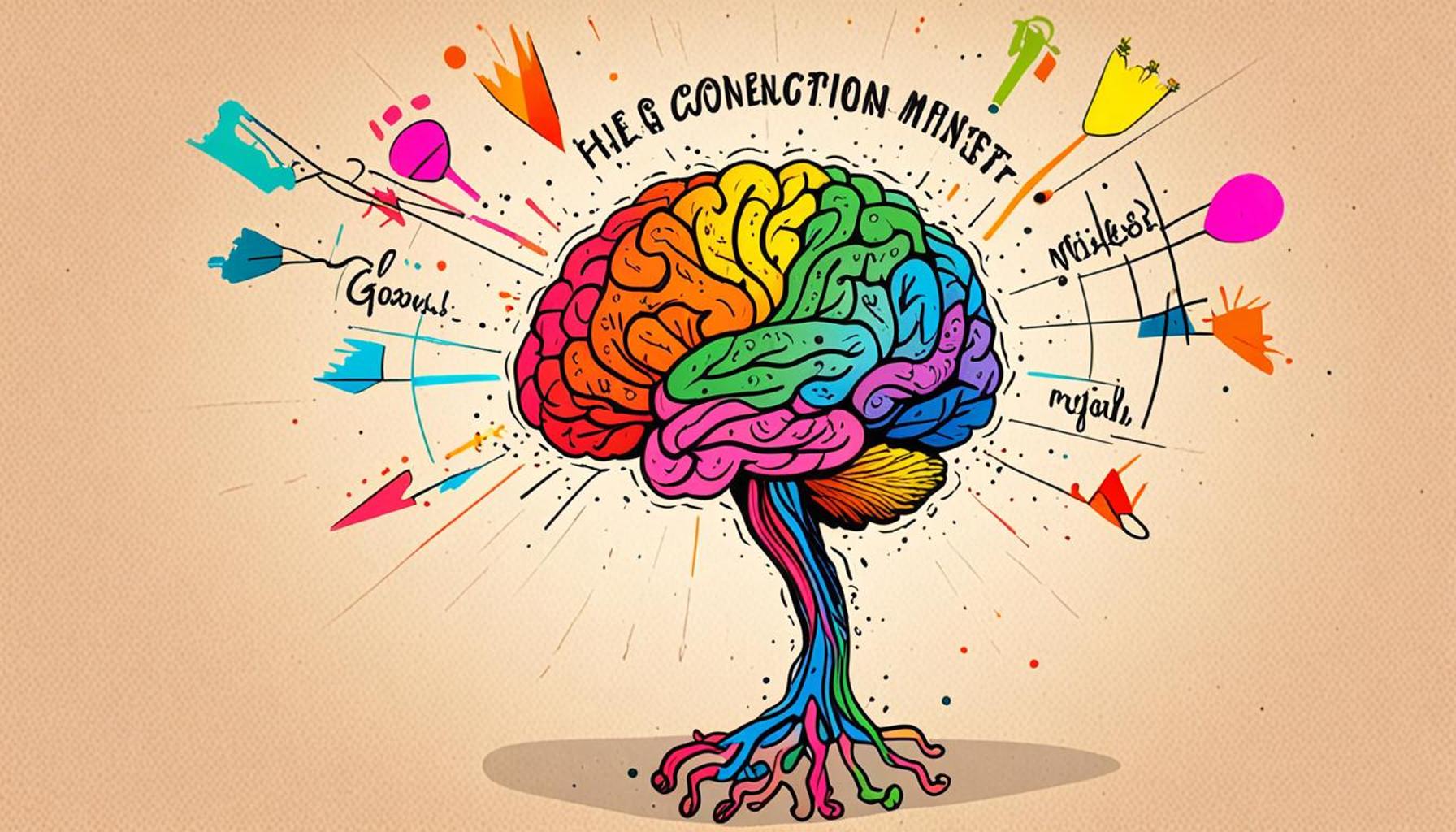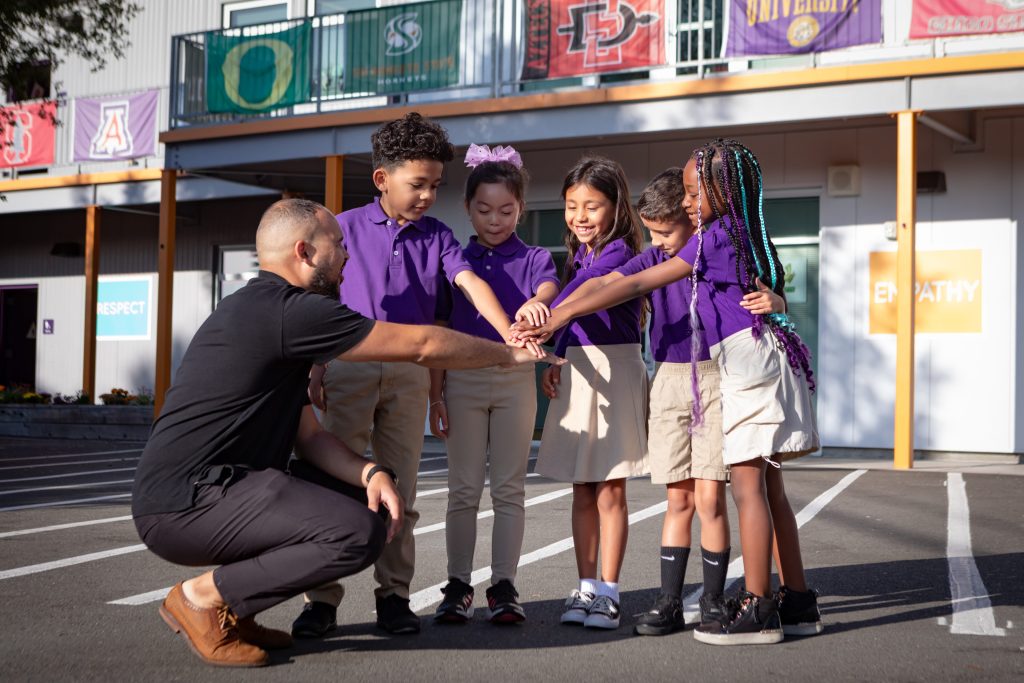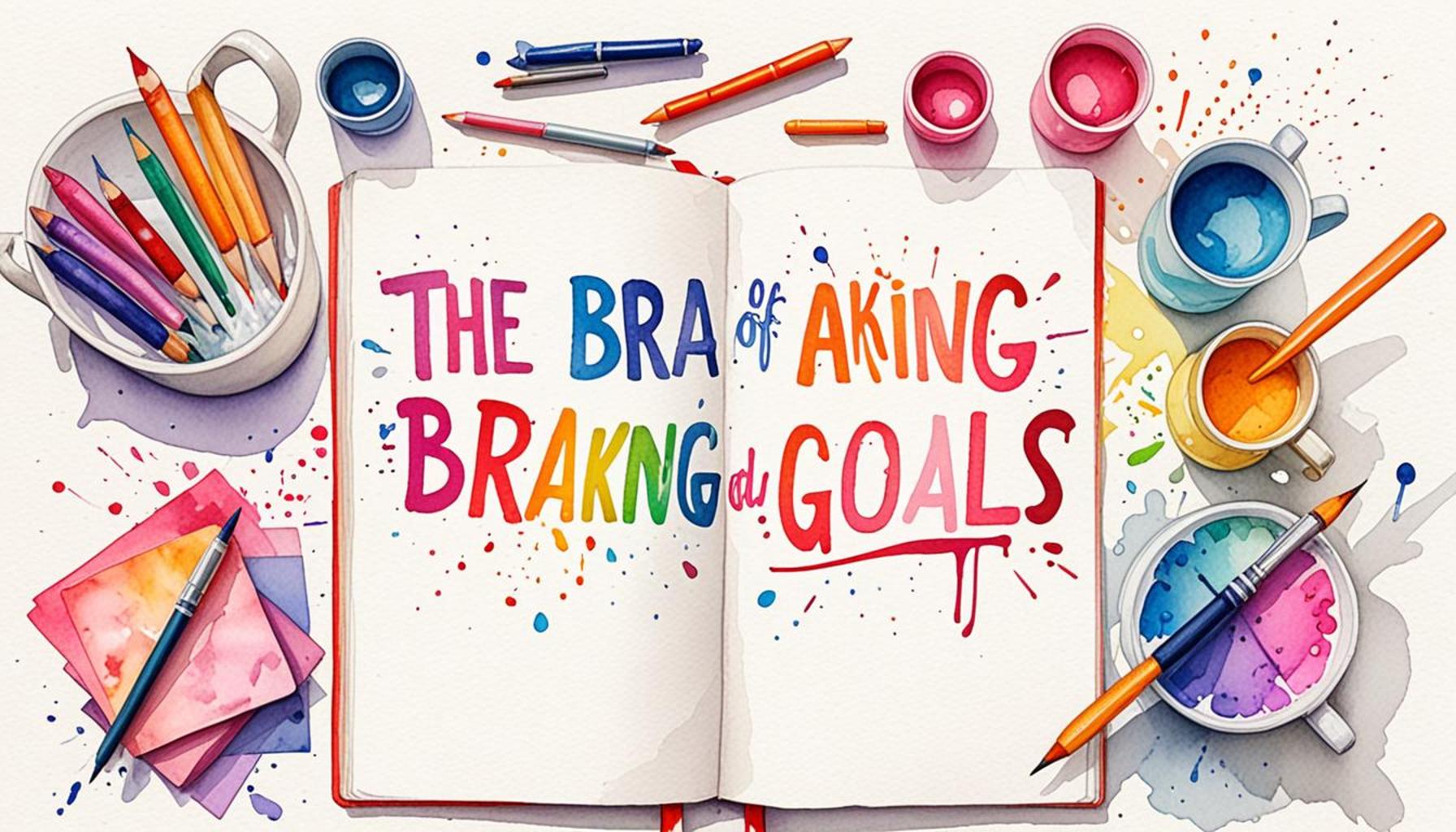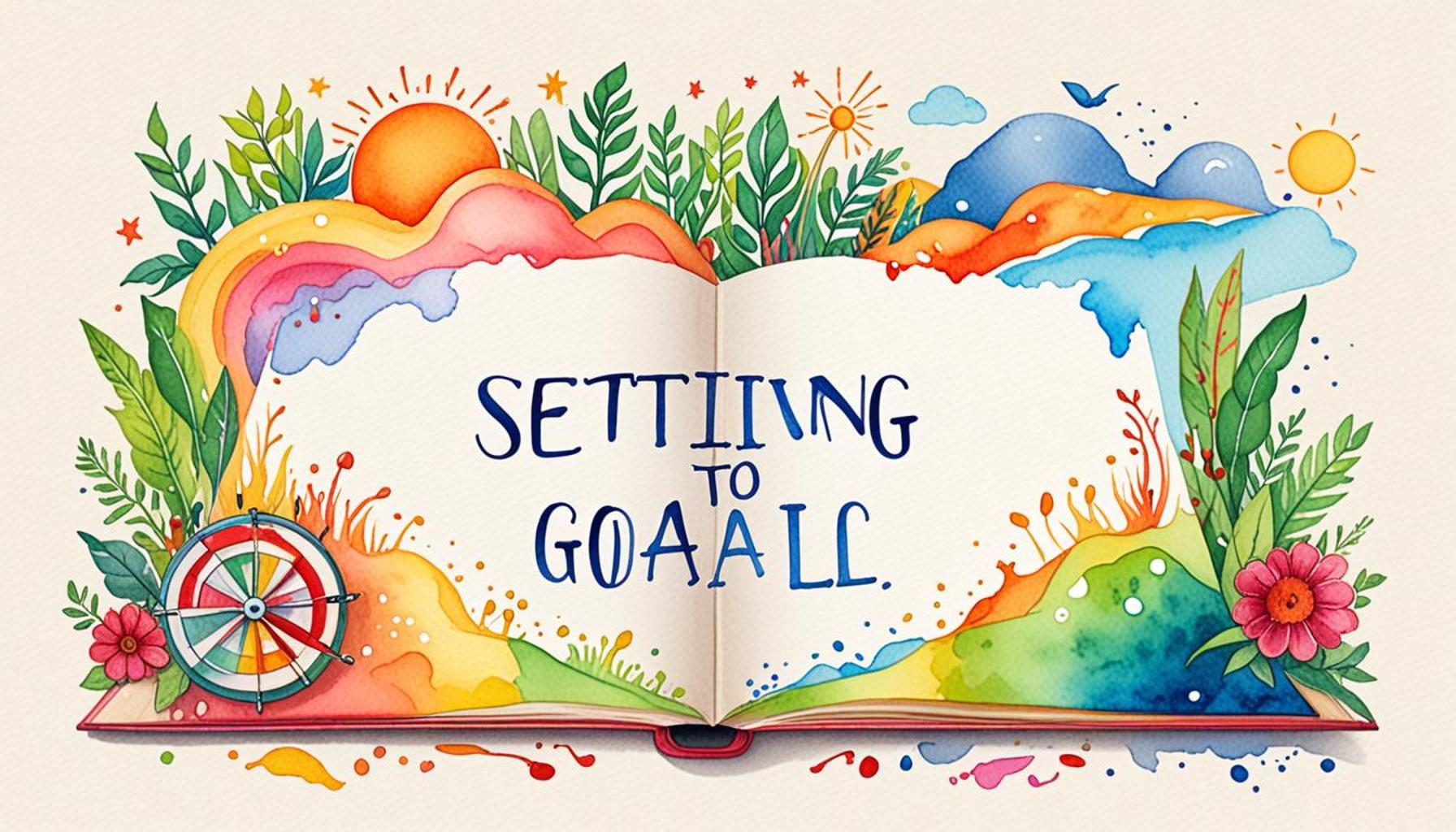The Connection Between Learning Goals and Growth Mindset: How to Learn from Mistakes

Understanding the Power of a Growth Mindset
In a rapidly evolving world, the ability to adapt and learn from past experiences is essential. One powerful approach that can greatly enhance this ability is the growth mindset. This mindset encourages individuals to view challenges and mistakes as opportunities for growth rather than as failures. By fostering a growth mindset, individuals in Nigeria and beyond can unlock their potential, making significant strides in both personal and academic pursuits.
Key Aspects of the Growth Mindset
- Embracing Challenges: Instead of avoiding difficulties, individuals with a growth mindset actively seek them out. For instance, a student struggling with mathematics may choose to tackle extra problems or even form study groups. This proactive approach not only makes the learning experience more engaging but also reinforces their understanding of the subject matter.
- Learning from Feedback: Those with a growth mindset place high value on constructive criticism, interpreting it as a valuable chance to improve. Teachers and mentors play a crucial role here; for example, a teacher in Nigeria might provide feedback on a student’s essay, encouraging revisions, which helps the student learn the skills necessary to polish their writing.
- Persistence in the Face of Setbacks: Challenges are viewed as an integral part of the learning journey, prompting resilience. Consider an aspiring entrepreneur who faces failures while launching a new business. With a growth mindset, they will analyze what went wrong and systematically work towards improving their strategy, rather than surrendering to defeat.
For many individuals in Nigeria, particularly students, fostering a growth mindset can transform the educational landscape. Setting learning goals that align with this mindset plays a pivotal role in achieving success. These goals can help:
- Clarify objectives and outline the necessary steps to achieve them. A well-defined goal, like mastering a new language, can motivate students to engage in daily practice.
- Encourage reflection on experiences, especially focusing on mistakes. This encourages learners to see errors not as setbacks but as stepping stones on their path to improvement.
- Enhance motivation and self-confidence among learners. When students understand that effort and resilience lead to progress, they are more likely to engage actively in their education.
As we explore the connection between learning goals and a growth mindset, it becomes clear that embracing mistakes can lead to profound personal growth. Educators and students alike should be proactive in integrating these concepts into their daily lives. Engaging with this topic may inspire you to rethink your approach to learning and growth, encouraging a culture that prioritizes resilience, creativity, and continuous improvement in Nigerian educational settings.
RECOMMENDED: Check out this similar article
Integrating Learning Goals with a Growth Mindset
When discussing the connection between learning goals and a growth mindset, it is crucial to understand how deliberate goal-setting can create fertile ground for personal development. In Nigeria, where educational resources may vary widely, the relationship between these two concepts can become the linchpin in transforming a student’s academic journey. By establishing clear learning goals, students empower themselves to develop resilience and the ability to learn from their mistakes, ultimately fostering a culture of continuous improvement.

The Role of Learning Goals in Shaping a Growth Mindset
- Goal Clarity: Setting specific, measurable learning goals provides students with a roadmap to success. For instance, a student aiming to excel in science might set a goal to complete additional experiments each week. This clarity allows for a more focused approach, enabling them to identify what works well and what doesn’t, thereby facilitating the learning process.
- Encouragement of Self-Assessment: Clear learning objectives encourage self-assessment, prompting students to reflect on their performance. Reflecting on an exam score, they might wonder what study methods were ineffective, which reveals areas for improvement without the sting of failure. This self-reflection is integral to cultivating a growth mindset, teaching learners to cherish insights gained through errors.
- Motivation Through Achievements: When students achieve their learning goals, even small ones, they often feel a boost in confidence. In Nigeria’s competitive academic environment, this encouragement can propel students toward larger aspirations. Celebrating progress, such as completing a difficult assignment or improving a grade, reinforces the idea that persistence pays off.
Furthermore, relating learning goals to a growth mindset can empower students to view their mistakes as essential components of the learning cycle. The mindset shift occurs when students begin to recognize that encountering challenges is a natural element of education. For example, a young Nigerian artist may attempt a new technique that doesn’t yield expected results. Instead of feeling disheartened, they analyze what went wrong and adjust their approach for the next project. This practice exemplifies how learning goals can guide students in maximizing the lessons derived from their failures.
As we delve deeper into the interplay between learning goals and a growth mindset, it becomes evident that effective educators, whether in urban or rural settings, play a significant role in instilling this dual perspective in students. By creating an environment where mistakes are seen as stepping stones rather than roadblocks, teachers can inspire a new generation of learners who approach challenges with enthusiasm and curiosity.
| Advantages of Learning Goals | Growth Mindset Benefits |
|---|---|
| Clarity in Objectives | Promotes resilience and adaptability when faced with challenges. |
| Measurable Progress | Encourages constructive feedback that fosters improvement. |
| Enhanced Motivation | Cultivates a love for learning and personal growth. |
The connection between learning goals and a growth mindset is pivotal in achieving educational success. Setting clear learning goals allows individuals to define their path, leading to a sense of achievement as they track their progress. This clarity in objectives not only enhances motivation but also ensures learners remain focused despite setbacks, encouraging resilience.Moreover, embracing a growth mindset equips learners with the tools to view mistakes as invaluable stepping stones towards mastery. By learning to appreciate measurable progress, individuals can harness their errors for constructive feedback, enriching their understanding and skill set. This continuous cycle of learning from mistakes fosters an environment ripe for personal growth and transforms challenges into opportunities for improvement.As we delve deeper into this topic, we find that recognizing the importance of a growth mindset helps cultivate a more enriched learning experience. Each mistake, rather than being a roadblock, becomes a catalyst for discovering new strategies and enhancing one’s skill set. Thus, the interplay between well-defined learning goals and a resilient growth mindset could be the cornerstone of effective education and long-term success.
ADDITIONAL INSIGHTS: Expand your understanding here
Building Resilience Through Experiential Learning
To further understand the connection between learning goals and a growth mindset, we must look at the concept of experiential learning. This pedagogical approach emphasizes the value of direct experience in the educational process, making it particularly relevant in the context of Nigerian education. When students engage with their learning actively—by experimenting, exploring, and even failing—they develop the resilience necessary to turn obstacles into opportunities. For instance, a student learning to code may encounter a programming error. Rather than seeking immediate help, they can approach the problem as a learning goal: understanding the code’s logic and working through possible solutions, fostering a mindset that embraces problem-solving.
Encouraging Risk-Taking in Learning
- Creating Safe Learning Spaces: Educators can encourage a culture of experimentation by creating safe environments where students feel comfortable taking risks. This is especially significant in communities where traditional views on education may discourage failure as a part of the learning process. When students, particularly in Nigerian schools, perceive mistakes as a critical learning component, they are more likely to engage deeply with their subjects.
- Teaching Strategies for Recovery: Learning goals that incorporate strategies for dealing with setbacks empower students to rebound from disappointment. Workshops or discussions on how to analyze mistakes constructively can instill valuable coping skills in young learners. For example, after a poorly received performance in a debate competition, students can set a goal to analyze judges’ feedback and refine their argumentation skills for future encounters.
- Integrating Collaborative Learning: Collaborative work, whether in academic projects or group discussions, encourages students to share experiences and insights regarding their mistakes. This collective analysis helps normalize errors as part of the learning journey. Group members in a science project may share instances where their hypotheses failed, jointly discovering the underlying lessons of each misstep.
Moreover, cultivating a growth mindset by embracing learning goals fosters a community of support among peers. In Nigeria, where communal values play a pivotal role in education, students can benefit from an emphasis on collaboration. For instance, students can form study groups where they analyze quiz results together, identifying not just what went wrong but also strategies for improvement. Such cooperative dynamics build a robust network of learners who can rely on each other to develop both their knowledge and their resilience.
The Importance of Feedback Loops
Incorporating feedback loops into the learning process is another critical element connecting learning goals with a growth mindset. Educators should provide timely and constructive feedback that allows students to gauge their progress relative to their goals. This feedback can catalyze student growth, helping them recognize their potential for improvement. In Nigerian classrooms, where formative assessment methods might be underutilized, implementing regular check-ins on student work can help create a cycle of continuous growth. For example, teachers could utilize peer assessments or self-evaluations that encourage students to critique their efforts and those of their classmates appropriately.
Establishing a feedback-rich environment not only enhances academic performance but also reinforces the notion that learning is a dynamic process. Students within such environments begin to view feedback not as criticism, but as invaluable guidance that paves the way for their academic and personal development.
In summary, the interplay of learning goals and a growth mindset in the educational journey reflects a vibrant and evolving landscape in Nigeria. By integrating experiential learning, encouraging risk-taking, and embracing constructive feedback, educators can equip students with the tools necessary to learn from mistakes effectively.
YOU MAY ALSO LIKE: Read read another article
Conclusion
The connection between learning goals and a growth mindset serves as a cornerstone for effective education, particularly within the context of Nigeria. By fostering an environment where students are encouraged to set meaningful learning objectives, educators can inspire resilience and adaptability in the face of challenges. Embracing the notion that mistakes are not failures but rather integral parts of the learning process opens pathways for deeper understanding and mastery of content.
As Nigerian educators implement strategies that promote experiential learning, safe spaces for risk-taking, and constructive feedback loops, they cultivate a culture where students not only learn from their missteps but also celebrate them as milestones in their educational journey. The role of collaborative efforts, such as study groups and peer assessments, becomes essential in normalizing the learning curve associated with setbacks. This collective approach not only fortifies individual learning but also strengthens community bonds, reinforcing the idea that education is a shared endeavor.
Ultimately, students equipped with a growth mindset and clear learning goals are more likely to thrive academically and personally. As they learn to navigate challenges with confidence and curiosity, they become lifelong learners prepared to tackle the complexities of an ever-evolving world. In Nigeria, where ambition and potential are abundant, embracing this connection can unlock new dimensions of educational success, prompting both students and educators to view every mistake as an opportunity for growth and transformation.


